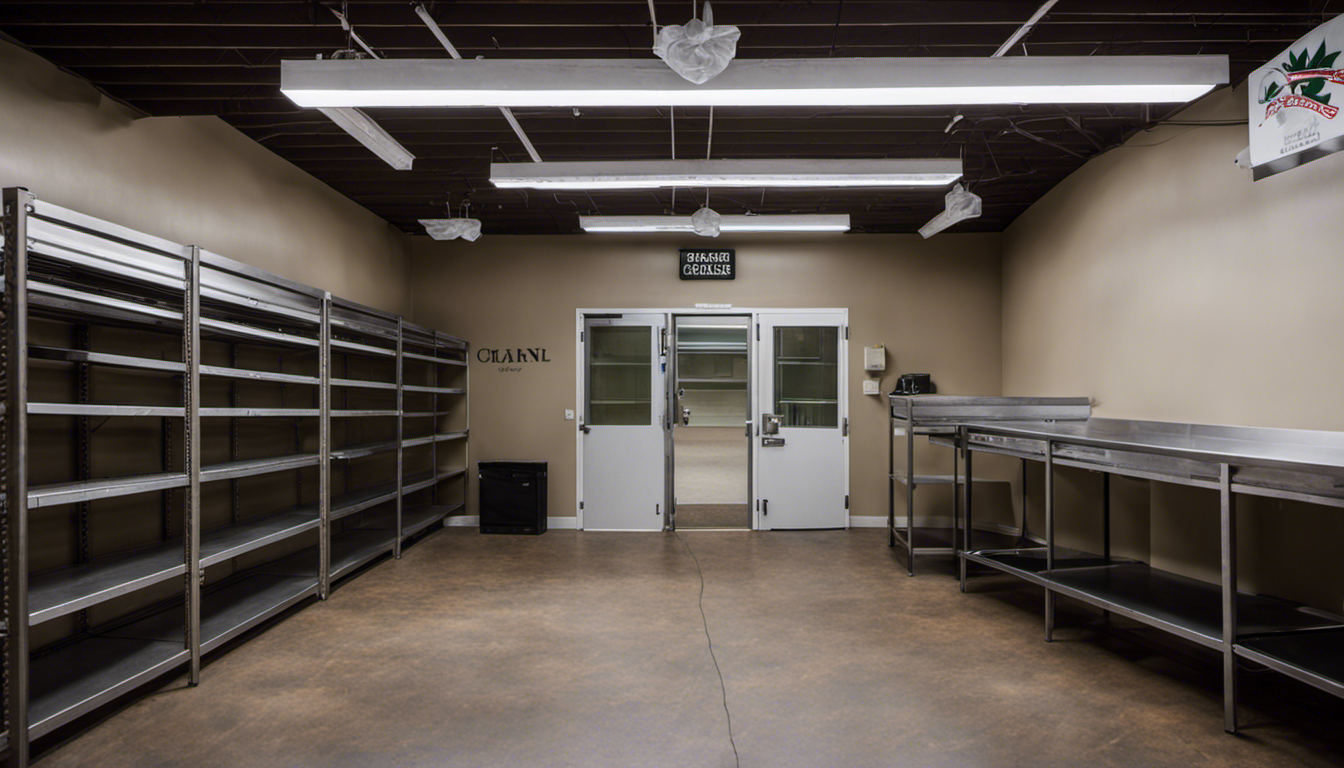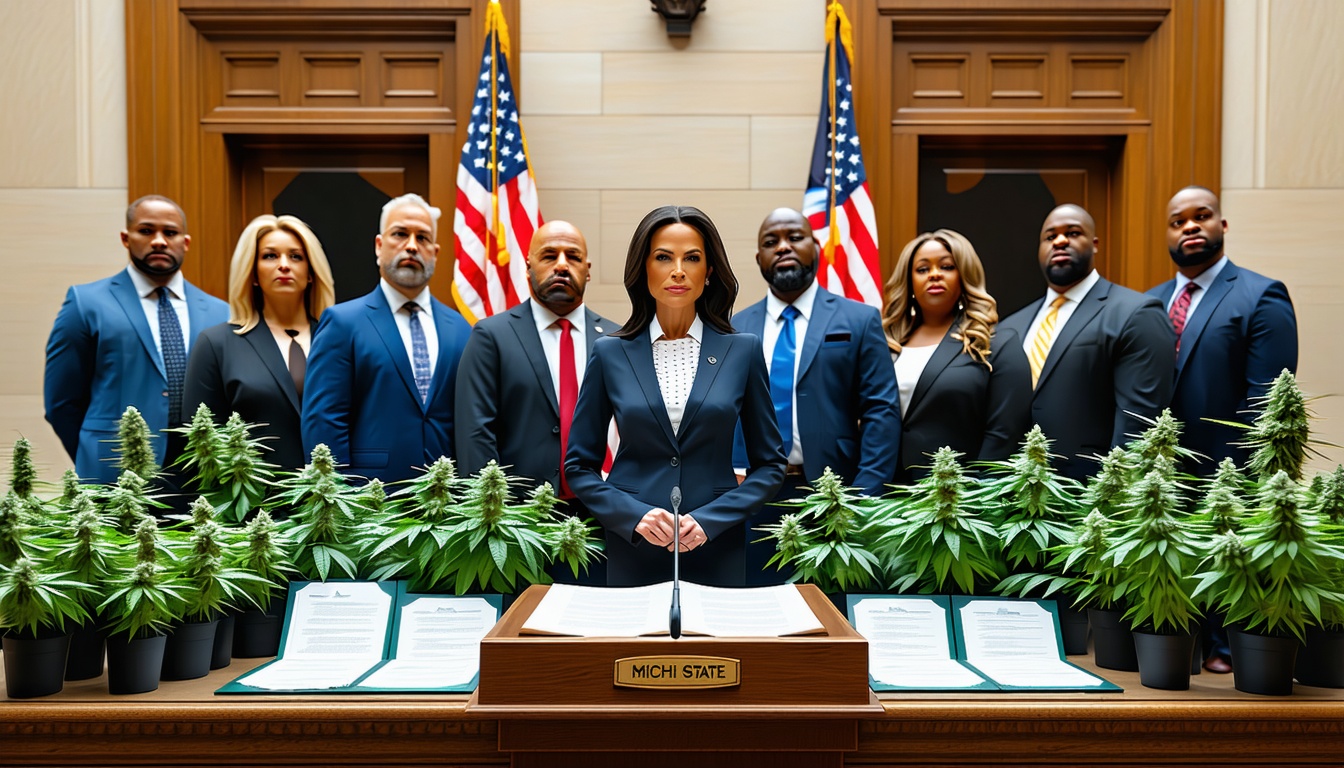Medical Cannabis Dispensaries Struggle After South Dakota’s Rejection of Recreational Marijuana
The medical cannabis industry in South Dakota is facing a crisis after the state’s rejection of recreational marijuana. At least eight dispensaries have lost their licenses, and the number of patient cardholders has declined by 15% in the past six months.
One of the affected dispensaries is Unity Rd. in Hartford, which closed in November after struggling to compete with other dispensaries in the area. Owner B.J. Olson said the competition was fierce, and the state’s regulations made it difficult for his business to thrive.
The state’s medical cannabis rules prohibit advertising, which made it hard for Olson to reach new customers. Additionally, the price of an annual dispensary license increased, and Olson had to pay specialty accountants to do his taxes, which added to his expenses.
Olson also faced issues with the state’s regulations regarding the separation of his medical cannabis shop and his smoke shop. He was warned about a steel door between the two businesses, which the state deemed was not “impassable” enough.
The decline of the medical cannabis industry in South Dakota is not limited to Unity Rd. The number of patient cardholders has dropped from nearly 14,000 to fewer than 12,000, and many dispensaries are struggling to stay afloat.
Joe Stavig, chief financial officer of Dakota Herb’s dispensary and cultivation business, said the industry is facing a perfect storm of challenges. The decline of patient cardholders, combined with the oversaturation of the market and the increasing availability of pot alternatives, has made it difficult for dispensaries to survive.
Alan Welsh, a co-founder of Dakota Herb, said the company is vertically integrated, which gives it an advantage over standalone dispensaries. However, he believes that standalone dispensaries will struggle to compete with smoke shops selling weed-like products with similar effects.
The state’s failure to regulate the sale of these products has allowed them to flourish, and Welsh believes that enforcement is needed to stem the flow of these products.
Roy Nielsen, owner of a cultivation facility and dispensaries in Sioux Falls and Yankton, said he has received cease and desist letters and warnings from the state over alleged violations of cannabis program rules. He believes that the state’s regulations are overly burdensome and have made it difficult for his business to thrive.
Nielsen is considering moving his business to Minnesota, which is setting up a recreational marijuana market. He believes that the state’s regulations are more business-friendly and would allow him to operate his business more effectively.












